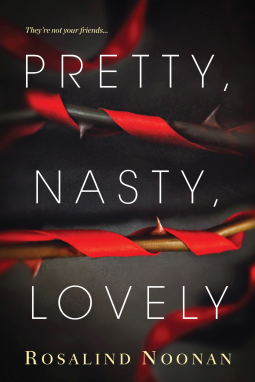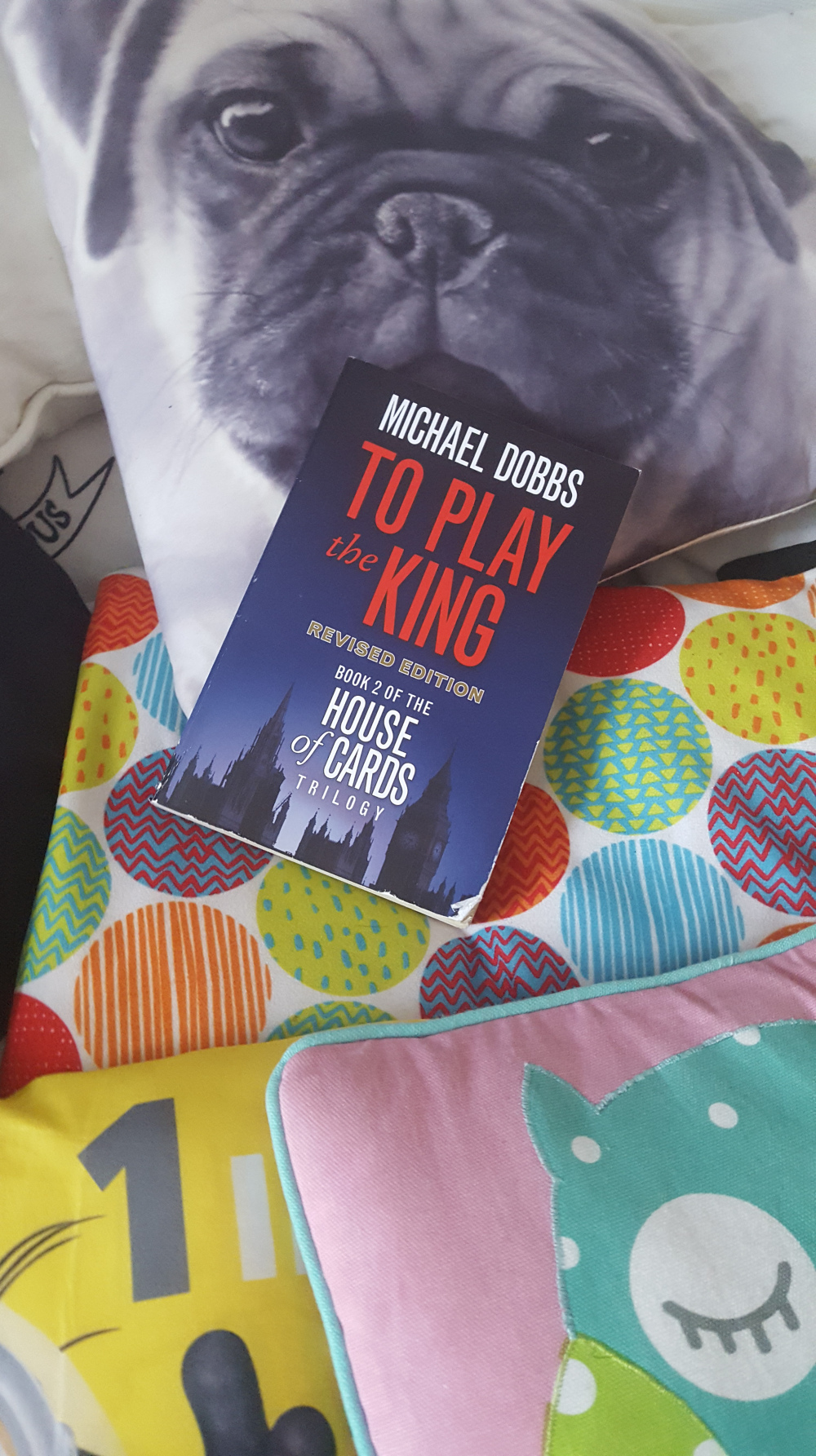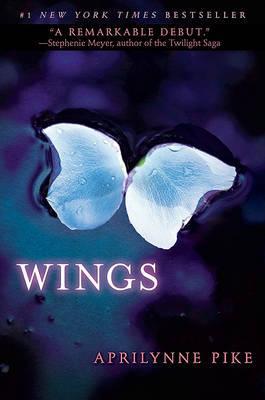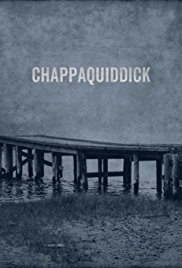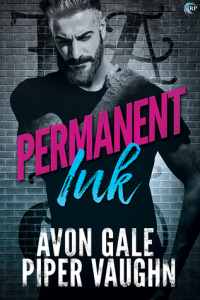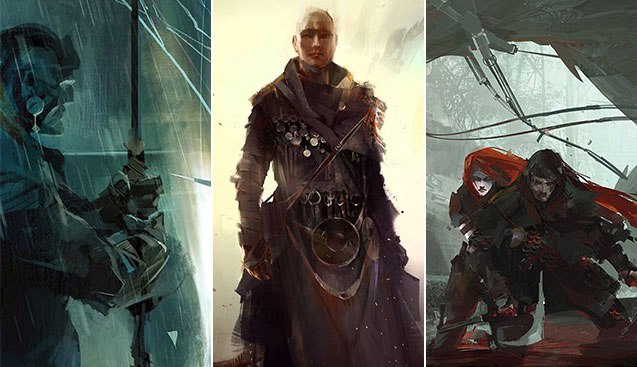 Also known as The Emperor’s Blade trilogy after the first book in the series, this is another great fantasy epic I plan on adding to my top fantasy list. I read book one back when it was first released in 2014, and along with the many other fantasy stories I read back then, was content with the first book, deciding Staveley’s writing was alright but that he was no Brandon Sanderson. After the third book was released last year, and having no other books to read at the time, I decided to try book two, knowing it was something I could lose myself in for a while. I’m glad I did. The second book was fantastic and the third was just as good. I quickly realized that the reason the first book was only alright was because it was setting up for the rest of the series, and if it weren’t for the delivery, would have been its downfall.
Also known as The Emperor’s Blade trilogy after the first book in the series, this is another great fantasy epic I plan on adding to my top fantasy list. I read book one back when it was first released in 2014, and along with the many other fantasy stories I read back then, was content with the first book, deciding Staveley’s writing was alright but that he was no Brandon Sanderson. After the third book was released last year, and having no other books to read at the time, I decided to try book two, knowing it was something I could lose myself in for a while. I’m glad I did. The second book was fantastic and the third was just as good. I quickly realized that the reason the first book was only alright was because it was setting up for the rest of the series, and if it weren’t for the delivery, would have been its downfall.
The story follows the three children of the emperor and their attempts to gain control of the empire after their father is assassinated. It’s not until the second book, however, that the readers are shown how deep the plots behind this scheme goes and the immortals that have been playing three dimensional chess in the background. What makes the plot unique is the way the three siblings are developed, one to be an elite soldier who can fight on giant birds, one to a monk who can enter a frame of mind where he feels no emotion and one to learn the politics of the court, and in so many respects, fail to make any rational decision throughout most of the series.
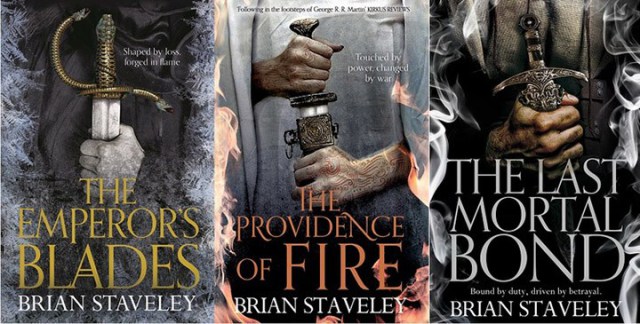
The writing is dense with description and the character’s inner thoughts, like all good epic fantasy. Where the characters are unique and interesting in their own way, I also felt them all to be a little bit cold. It makes sense within the plot of the story, but I felt that if someone of the gallows humor that some of the minor characters have had leaked into the siblings, they would been a bit more likable. What redeems this is that the writing is incredibly clear and draws a detailed image of the scenes whether they be a court room or a battlefield. There is also no ambiguity with most of the characters, their thoughts and lamentations always clearly constructed and multidimensional, which is why it’s a shame there wasn’t much story away from the core plot.
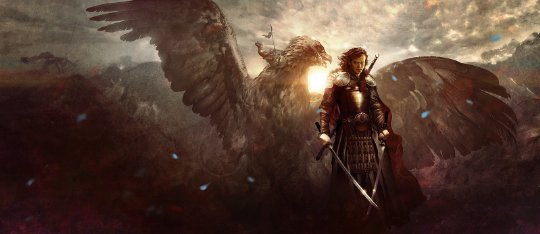 A big part of the series are the philosophies of suffering and the cost of human emotions. The idea that we all would be more rational people without the shackles of emotion is held at odds with the idea that we would lose most of our meaning if we didn’t have them. What confused me was how the philosophy considered the bleed-through between emotions and physical pain, and what level of suffering is in the emotion and what is apart of the human nervous system. When these ideas are embodied in the forms of gods who can manipulate these things, this divide isn’t entirely clear and if looked into might snag on the themes the author was trying to portray.
A big part of the series are the philosophies of suffering and the cost of human emotions. The idea that we all would be more rational people without the shackles of emotion is held at odds with the idea that we would lose most of our meaning if we didn’t have them. What confused me was how the philosophy considered the bleed-through between emotions and physical pain, and what level of suffering is in the emotion and what is apart of the human nervous system. When these ideas are embodied in the forms of gods who can manipulate these things, this divide isn’t entirely clear and if looked into might snag on the themes the author was trying to portray.
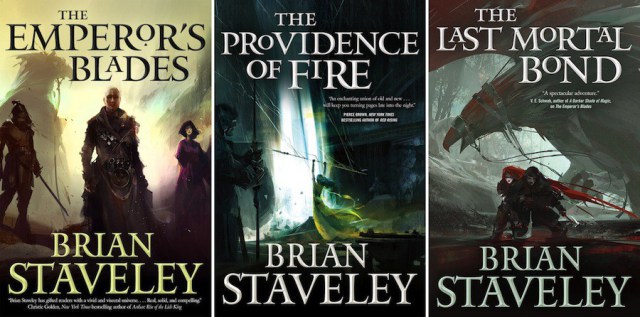 As is the problem with all series reviews, it is difficult to be accurate enough to describe the books but vague enough not to spoil the entire plot. Would these books be in my top 10? Probably not, but it’s definitely close and would be a good recently released recommendation for anyone who has read every book in my top 10. It’s great series to lose yourself in for a couple of weeks, but as I mentioned at the start of this review, the first book has a lot of build up involved, and although a good book, don’t let it dissuade you from the rest of the series. The payoff is definitely worth it.
As is the problem with all series reviews, it is difficult to be accurate enough to describe the books but vague enough not to spoil the entire plot. Would these books be in my top 10? Probably not, but it’s definitely close and would be a good recently released recommendation for anyone who has read every book in my top 10. It’s great series to lose yourself in for a couple of weeks, but as I mentioned at the start of this review, the first book has a lot of build up involved, and although a good book, don’t let it dissuade you from the rest of the series. The payoff is definitely worth it.
Rank: 8/10
Advertisements Share this: